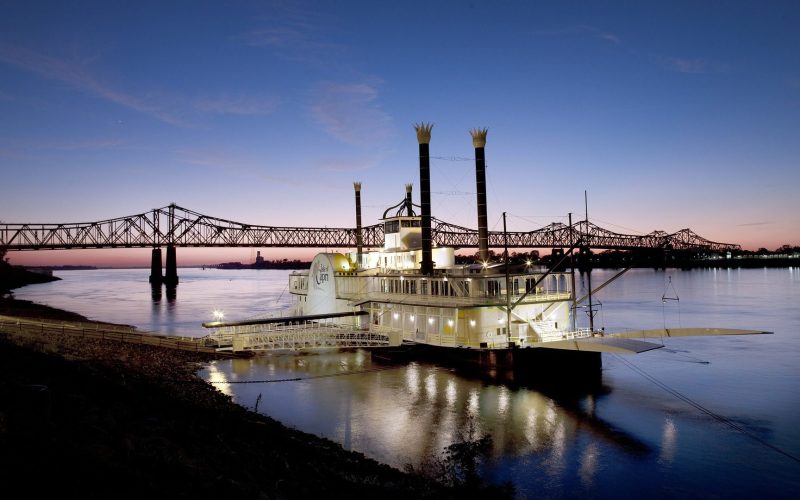THE VOICE FOR THE ENERGY CONSUMER

Washington, D.C. – Consumer Energy Alliance (CEA), the leading voice for sensible energy and environmental policies for families and businesses, expressed support for a ruling from the U.S. Court of.

Washington, D.C. – Consumer Energy Alliance (CEA) Federal Affairs Advisor Michael Zehr released the following statement of support for S. 4402, legislation introduced by Senator John Cornyn and supported by.

Chris Ventura, CEA’s Midwest Executive Director examines how natural gas produced in Ohio has continued to help families and businesses save money on energy costs and can be a catalyst.

In this week’s mainstream news, everyone’s been talking about the blank and white #ChallengeAccepted trend on Instagram, the woman killed in Maine’s first great white shark attack and the magnitude.

Jackson, MS – Consumer Energy Alliance (CEA) today released its Mississippi Emissions Analysis, which found that emissions declined by 95% across the state since 1990. This sharp drop is remarkable.

Washington, D.C. – Following remarks by President Donald Trump in Midland, TX, today on the economic benefits seen by American families, farmers and small businesses from expanded domestic energy production.

There are few things that bring vulnerabilities out into the open like a crisis. Unfortunately, the coronavirus pandemic is no exception. In addition to the loss of human life and.

After a packed week of news, make sure you grab your boxed wine paired with Cheeze-Its (yes, that’s a thing) and jump into the news! Everyone’s talking about Mike Tyson.

Lately, it seems that everywhere we go today we are presented with false choices. The classic either-or dilemma. They usually look something like this: “You’re either with us or against.

Montgomery, AL – Consumer Energy Alliance (CEA) today released its Alabama Emissions Analysis, which found that emissions have been reduced by as much as 93 percent across the state since.